Highlights from our 2022 Centered Guest Workshops.

Over my holiday, I took some time to reflect on all of the monthly Centered Guest Mentor workshops we featured last year.
As I read through the transcripts from each recording, I really felt the wholeness of the project.
I mean, we learned how to put a support team in place in your life before you publish a book, how to write in alignment with your values, how to write a good sex scene, and how to colour-code your scenes in Scrivener. And so much more.
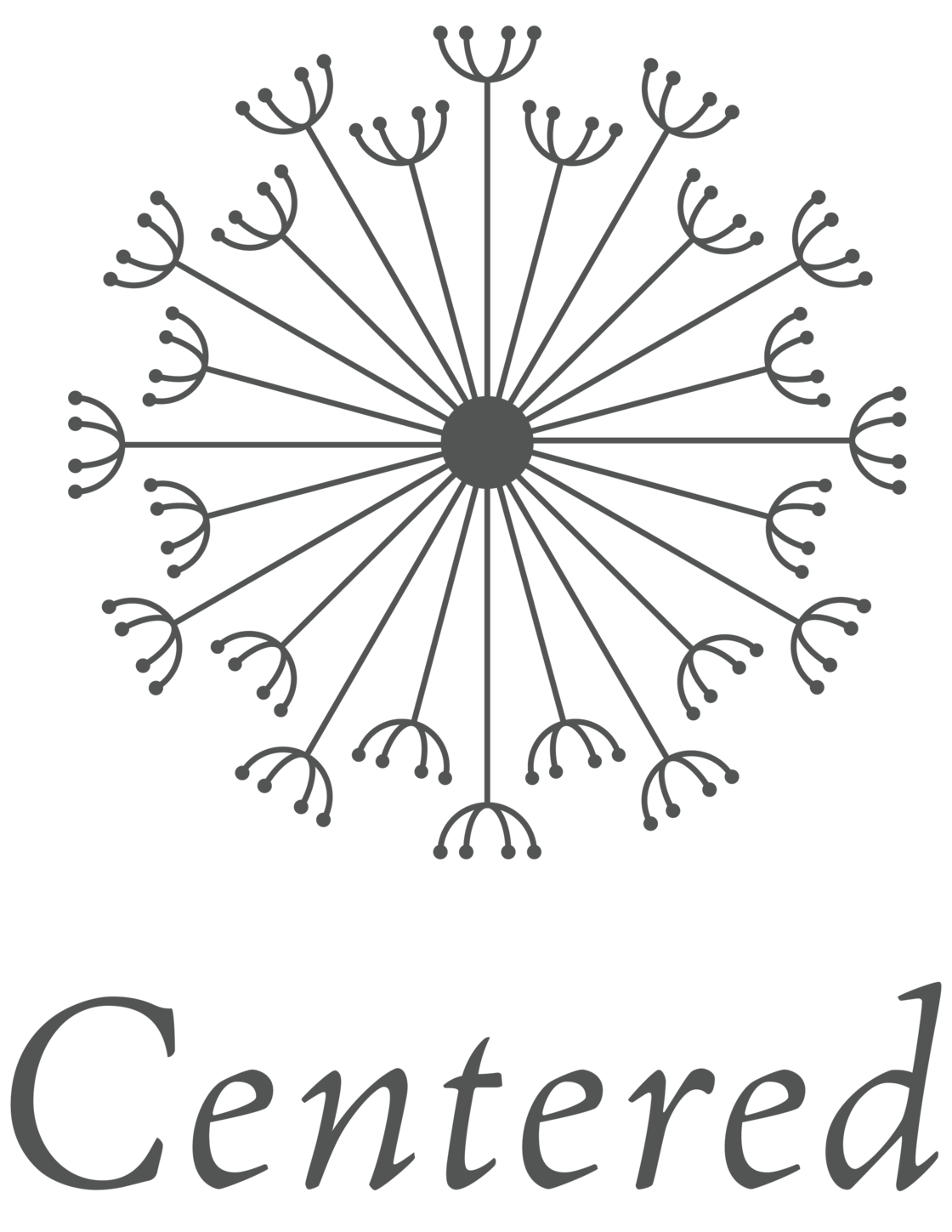 Each one of our guest authors brought a unique facet to our year of learning. Today, I’ve collected some highlights for you to enjoy.
Each one of our guest authors brought a unique facet to our year of learning. Today, I’ve collected some highlights for you to enjoy.
These workshops and recordings all live in our Centered library, where members can watch the replays on-demand. If there are authors or topics in this list that really interest you, you can always watch the full workshops there!
This is one of my favourite things about Centered: I love connecting creative writers to new authors and thinkers. I look to artists who break boundaries and model innovative, courageous writing and culture-making, and I like to bring them together to see what they catalyze.
When we see people doing things in new ways, it inspires us to do things in our own new way.
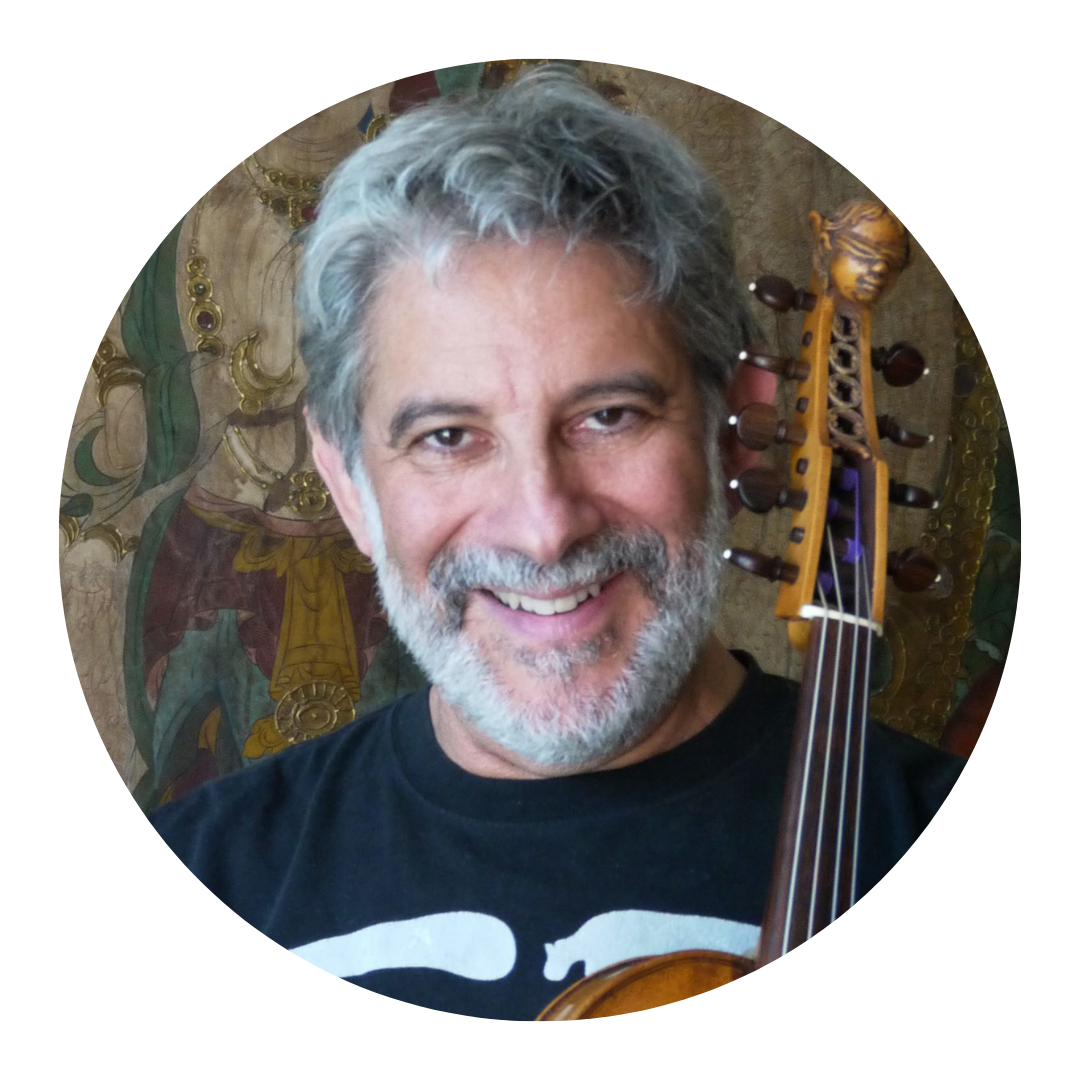
Stephen Nachmanovitch
What Can Happen in a Minute?
“These opportunities to be kicked, or to have our eyes turned from one direction to another... they actually present themselves every day. We don’t always pay attention to them. We don’t always recognize them for what they are.”
Elayne Fluker
Write With Support
“To really support myself, I have an emotional well being team. Because if you're going to be out there in the world, sharing your message and sharing your voice, you want to make sure again that you take care of yourself.”
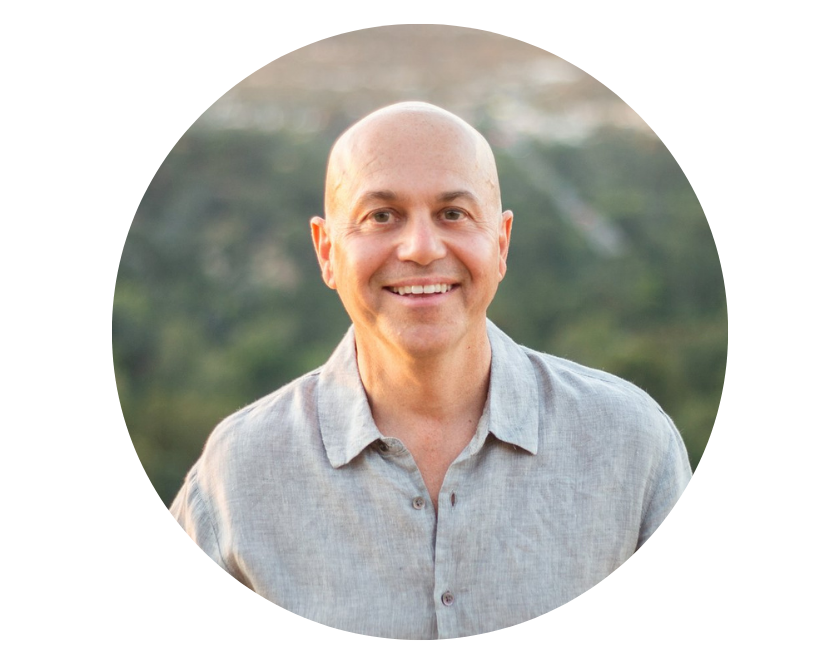 Alan Watt
Alan Watt
Unlock The Story Within
“The reason we do this exercise is because we’re always writing our story. We can’t help it. The desire to write is the desire to evolve or to resolve something we’re seeking to understand. So... what is it that the tree wants in this story? Can you feel it?”
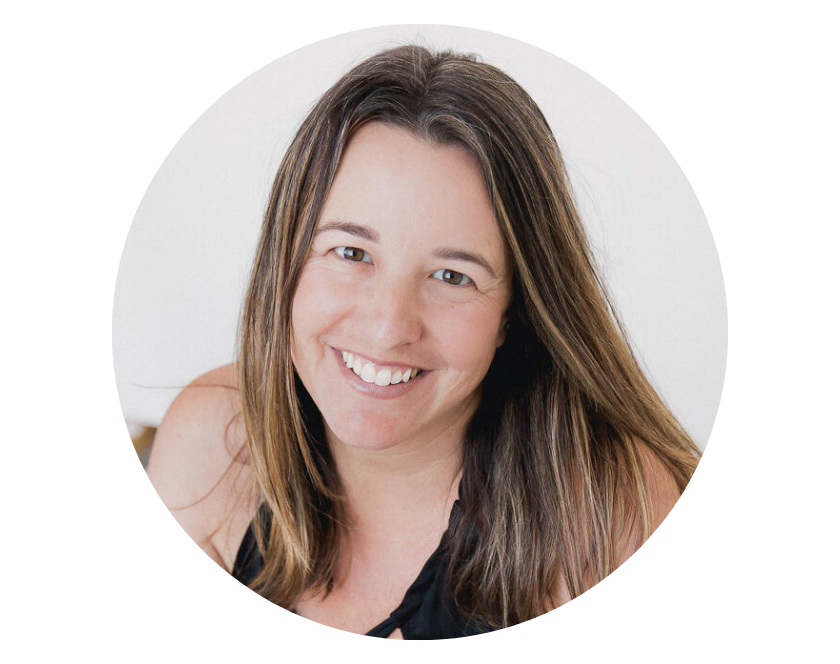 Danielle Cohen
Danielle Cohen
Visibility Medicine
“If you were to have your peak success moment, what would that look like? Whether that’s having your book published, finding the right publisher, a particular accolade or award, a felt sense of something inside of you, or the money that you want to have come in... what does success on your writing journey really look like? As you write this, feel it. Hopefully to the point where you can’t help but smile right or even feel like whoa, who do I think I am to be seeing this? This is an edge we want.”
 Jackie Kai Ellis
Jackie Kai Ellis
Writing Memoir
“I love expressing myself through a lot of different mediums... and writing is just one other form of communication that I love. But even in my writing, you can see how visual it is, I’m just trying to describe exactly what I see in my mind. Because I’m much more of a visual person than I am a words person. My relationship with writing before was for fun, a means to an end. ... And then while writing the book, I think writing became my therapist.”
 Henry Lien
Henry Lien
Diverse Story Structures
“One easy path to converting your story into the four act structure is to look at an important element and hold it back until the third act. Let it be a surprise, and let it do great violence to your story and the relationships that came before. Then ask yourself, in the final act, how does the introduction of that element scramble and remix all the relationships of all the elements, the ones that came before *and* the surprise element? That’s how you translate your story into the four act structure.”
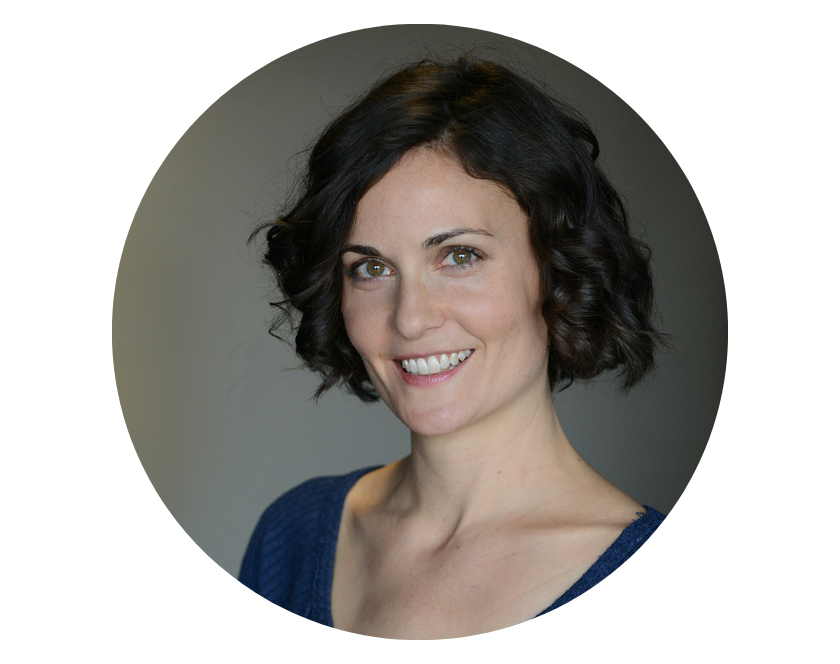 Sophie Kohn
Sophie Kohn
Writing Humour and Satire
“Emotion is crucial, crucial, crucial for this. You have to choose a topic that you personally are fired up about, you are either angry about or are obsessed with, something you cannot stop thinking about. You have to pick a topic that matters to you. Because if you don’t, it will show up in your writing. If you don’t feel strongly about writing it, your readers will not feel strongly about having read it, and it will not be memorable. And it will just be less fun. It won’t be fun to write.”
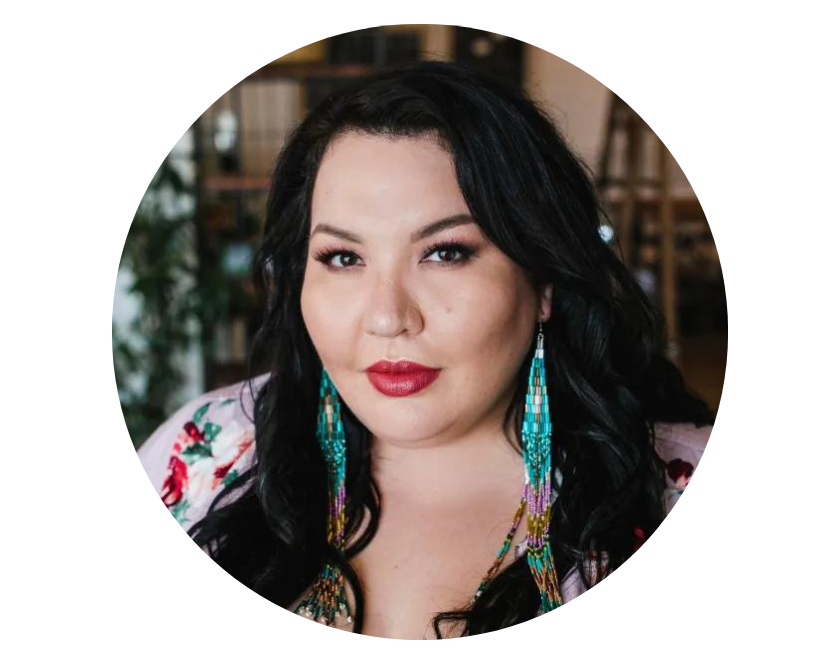 Tenille Campbell
Tenille Campbell
Writing Erotica and Romance
“Wow, ahh. Oh, I love smut. Sassy. No, I love it. I love it. I think romance and erotica are just one of those connectors that all of us can connect with. Some of us are still visually inclined for sure. But some of us need the words. We need the imagination. We need the anticipation. And writing romance is just one of those beautiful tools and trades that I think give us such power. Anyone else want to give it a go? No pressure!”
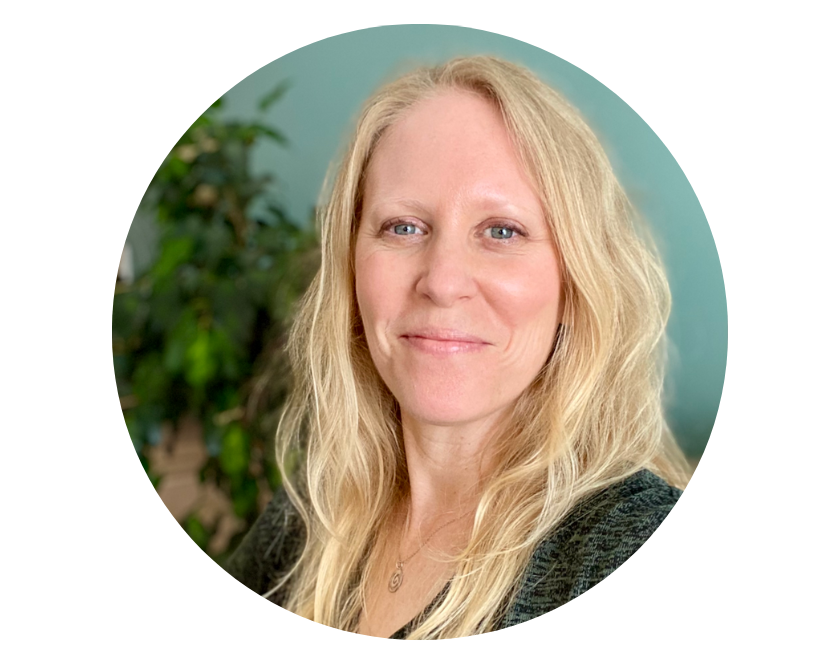 Gwen Hernandez
Gwen Hernandez
How to Master Scrivener
“The two things that made me really, really love [Scrivener] right off the bat without knowing anything were that it would always open up exactly to where I left off. And that I could see all the parts of my story at a glance and access them quickly. ...I hear a lot, ‘Oh, I've had Scrivener for years, but I only use 10%, or the learning curve is so steep,’ things like that. And that can be true. What I try to remind people is that we don’t have to use everything the program offers.”
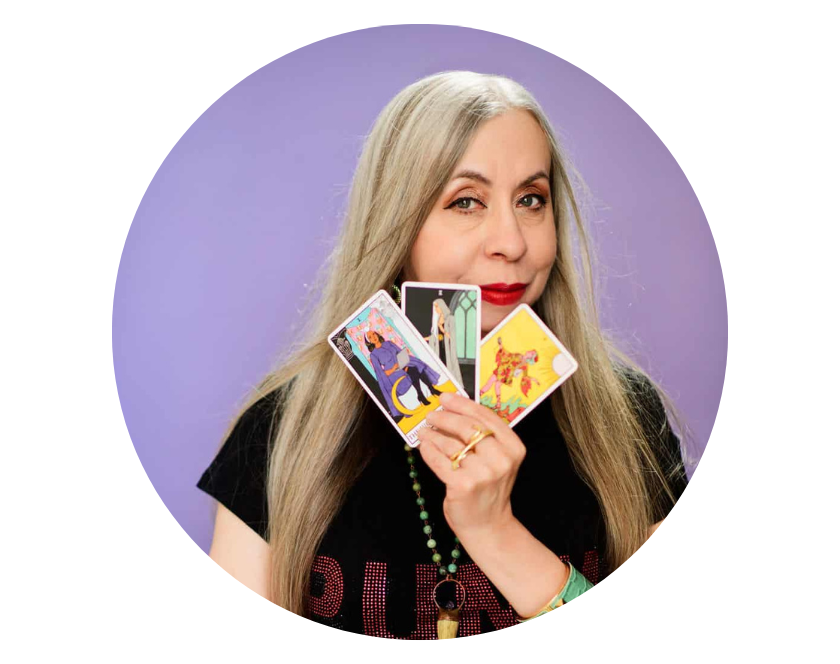 Theresa Reed
Theresa Reed
Divine Timing for the Writing Life
“Your natal chart is your roadmap. It tells a lot about who you are, what your potential is, where your problems might be, where you need to do your work. It truly is a map of the transits in the sky, which is what we’re actually going to be covering today. They show the traffic. Well, now that you know the traffic, you know how to drive. ...These are tools for better living, and I think most of us would agree we want better lives. We know that life isn’t always going to be easy. There are going to be challenges, but if we have a GPS system, we are going to navigate those challenges a little better.”
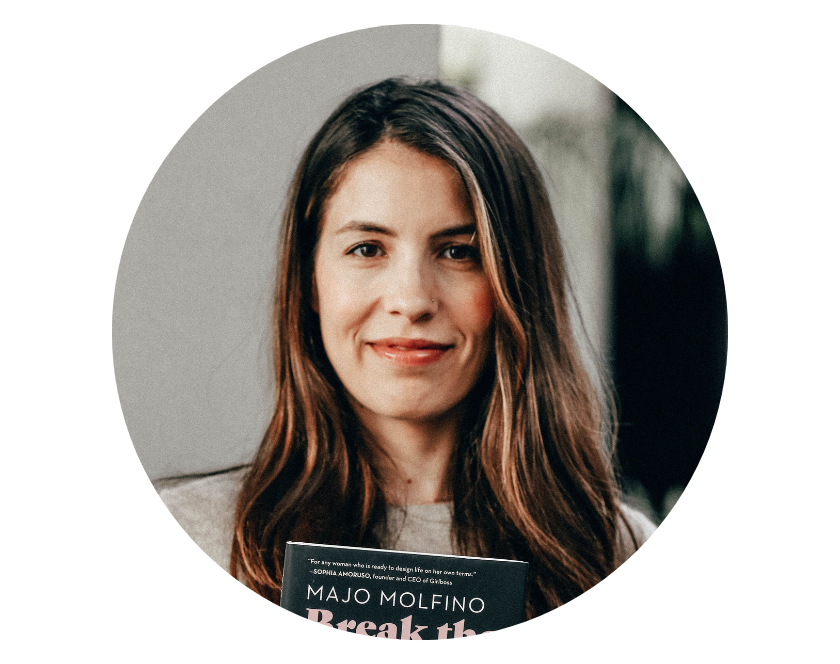 Majo Molfino
Majo Molfino
Overcoming the Blocks & Resistance to Uncovering Your Writing Voice
“It’s the way we’ve learned to survive in this society, particularly as women, and in patriarchy. We’ve learned to assimilate and survive by putting on this armor or mask. And it’s something that starts when we’re very, very young. It follows us to adulthood, unless we do the work, and take the time to look at it, and decondition it and unpack it. And that’s why we’re here together today: to really unpack this part of ourselves. To really look at it and think, how could this be getting in the way of me, my true writing voice, and my true writing power?”
Photo credit (top): Girl with red hat on Unsplash.

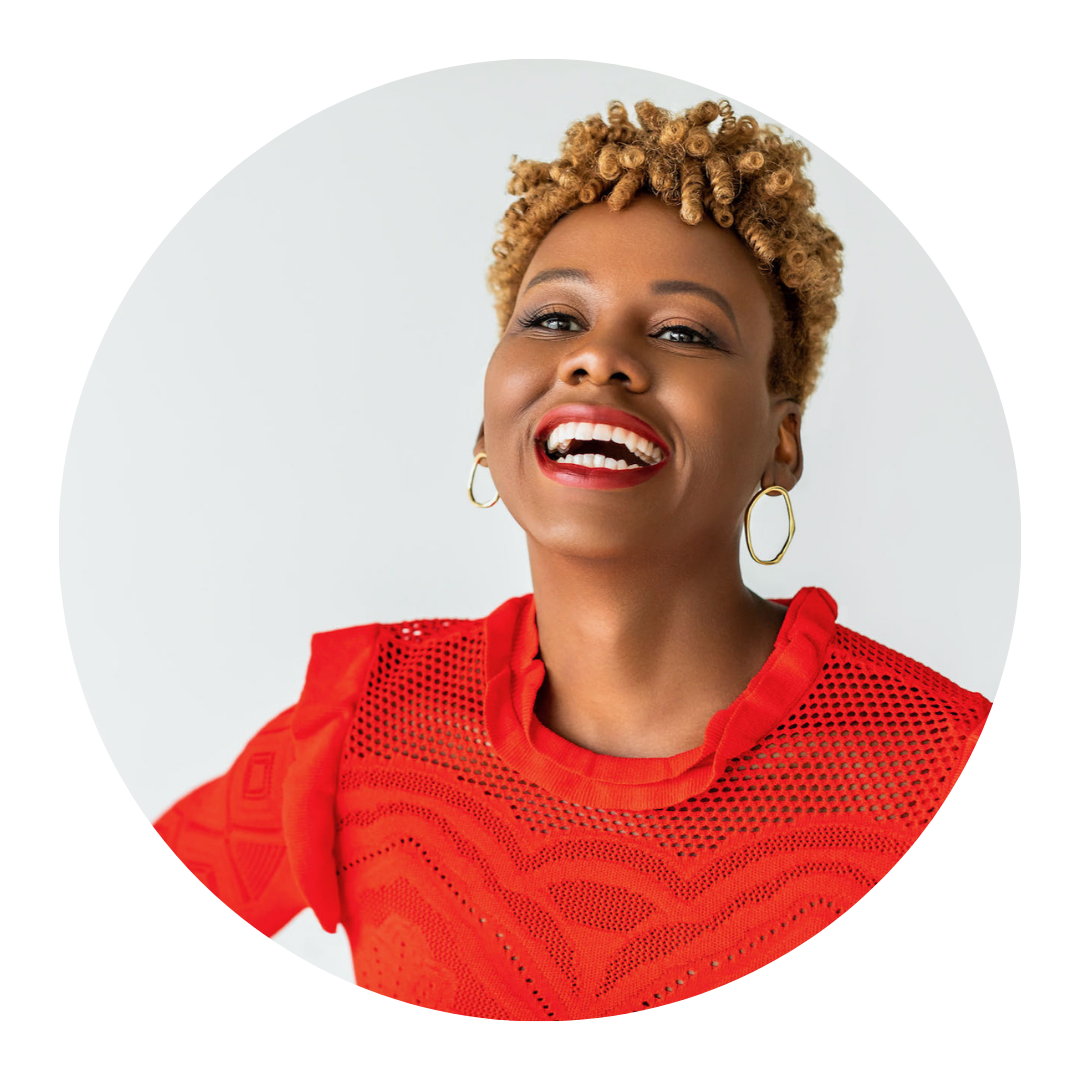
0 comments
Leave a comment